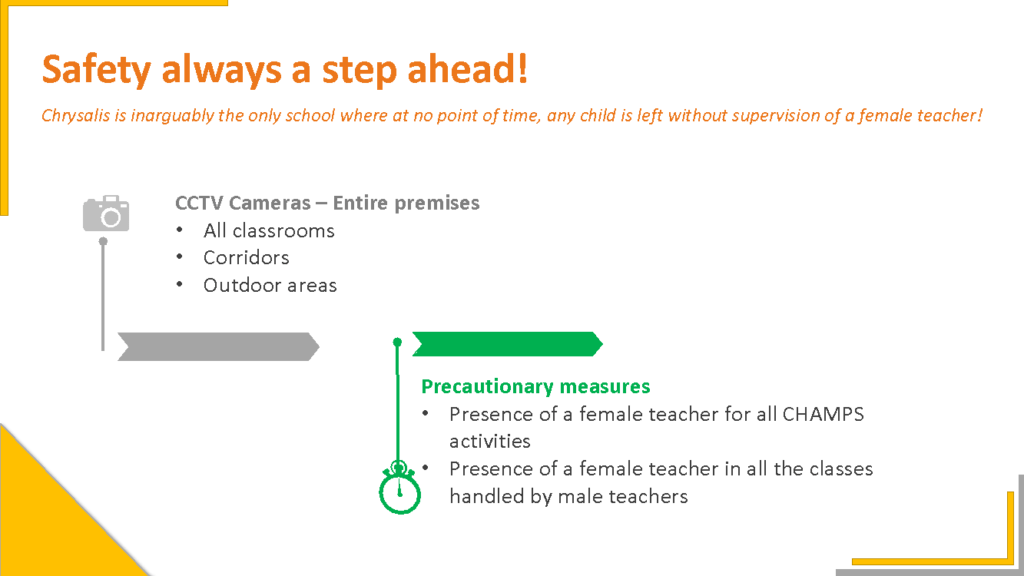
Folklore, Fairy tales and Mythological stories are something that we have all heard from a very young age. Whether as a bedtime story or a grandma tale, these stories have always been a part of us, passing on from one generation to the other. Some of them have become so famous that they have been converted in movies too, Indian ones like “The Mahabharat”, or the “Ramayan” and western ones like “Cinderella” or “Sleeping Beauty”. Indian folklore and stories portray our country’s rich historical and cultural heritage. They display the diversity of ideas and beliefs in that era. Through these short tales we learn many things like wit wins over power, importance of friends, how a kind deed can change the world etc. During times of need when one’s mind is unclear, books like the Bhagavad Gita share information about physical, mental and emotional well being. Although both Indian and western folklore share some morals, Indian tales are more connected to the life of daily people. Another noticeable point is that in Western Stories, say in “Snow white and the seven dwarves” the villain is just a completely evil stepmother.
Like that, in most other western stories the villain possesses no good in them and is purely evil. Indian stories showcase good deeds and qualities even of villains. This is much more realistic since everyone has strengths and weaknesses and good and bad qualities. For example the famous villain Ravana was a great and caring king who took good care of his subject, his egoistic nature was what had brought his downfall. The “good guys” or the hero or savior can also make mistakes of course, it’s a human trait.

One more interesting thing these mythological stories mention is “Karma”. That is, what goes around, comes around. If you do bad deeds they will come back to you and if you do good deeds, they will come back to you. Remember, good deeds of kindness, generosity, honesty and forgiveness will come back to you.
Back that time according to the stories, angry sages used to usually cast curses and resent them later on. A funny thing we can learn from them is that actions once done cannot be retrieved. That is why it has wisely been said :
“Think before you leap” and “Think before you speak”. Try to remain calm in times of crisis.



